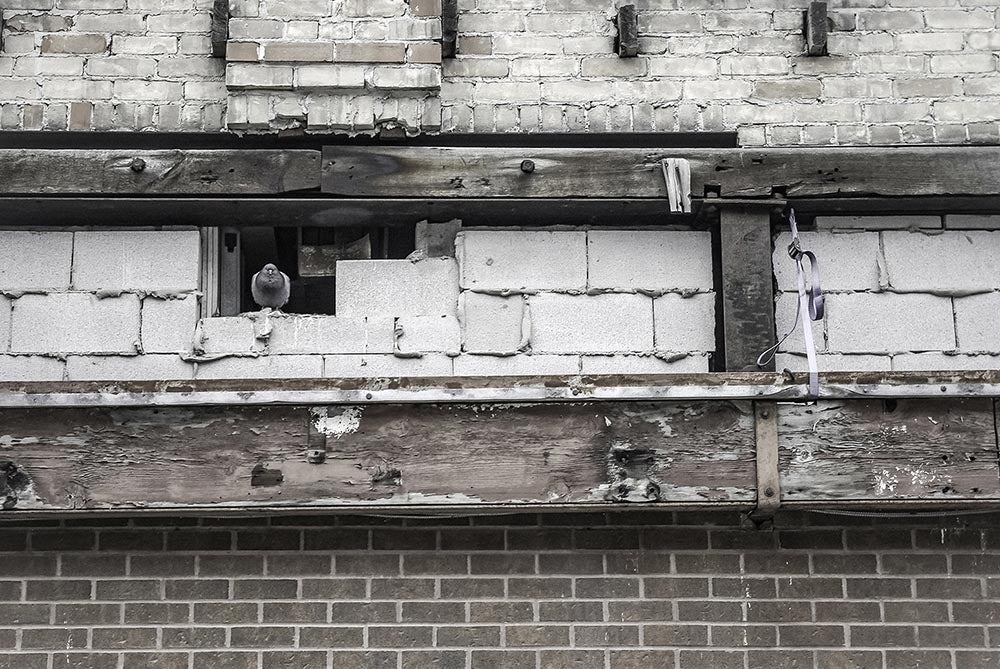Of the thesis entitled:A Reflection on Conservation

Abstract:
The
industrial
collapse
and
economic
instability
of
the
late
twentieth
century
drastically
changed
the
way
many
North
American
towns
and
cities
function.
Galt,
Ontario
is
an
example
of
a
town
that
has
experienced
many
changes
in
the
way
its
buildings
are
valued,
based
on
these
external
forces.
During
the
19th-Century
it
was
a
prosperous
place
of
business,
prominent
in
both
agriculture
and
industry.
The
citizens
of
Galt
invested
heavily
in
their
buildings,
some
of
which
still
stand
today.
However,
regarded
as
obsolete,
many
of
the
factories
and
commercial
buildings
that
packed
the
downtown
core
and
spoke
of
Galt's
success
were
demolished.
Galt
was
forced
to
amalgamate
with
its
neighbouring
towns
to
form
the
new
City
of
Cambridge,
further
exacerbating
the
loss
of
its
identity.
In
response,
the
City
has
commissioned
many
plans
and
design
guidelines
that
analyze
and
propose
strategies
to
protect
what
is
left
of
Galt's
past,
and
create
a
new
identity
for
its
future.
The
identification
of
what
ought
to
be
protected
is
part
of
an
ongoing
debate
within
the
field
of
heritage
conservation.
This
discussion
has
broad
implications,
for
once
elements
of
the
built
environment
are
identified
as
significant
and
irreplaceable,
their
conservation
often
poses
challenges
for
revitalization
efforts
that
meet
the
needs
of
the
21st
Century.
The
relationship
between
an
assigned
value
and
the
conservation
method
employed,
is
explored
here
through
studies
on
varying
building
typologies
in
the
downtown
core
of
Galt.
These
analyses
demonstrate
how
buildings
change
over
time
in
both
use
and
value,
and
how
their
reuse
can
influence
the
experience
of
a
place.
Heritage
plans
and
policies
tend
to
place
more
importance
on
an
ideal
aesthetic
when
identifying
what
has
heritage
value,
which
often
contradicts
the
significance
of
the
place
itself.
An
understanding
of
the
affect
these
values
have
on
the
places
they
create
can
help
inform
how
conservation
practice
can
recognize,
enhance,
and
add
to
the
value
of
a
place,
rather
than
limit
it.
The examining committee is as follows:
Supervisor:
Rick Haldenby, University of Waterloo
Committee Member:
Donald
McKay,
University
of
Waterloo
Val
Rynnimeri,
University
of
Waterloo
External Reader:
Paul Sapounzi
The
committee
has
been
approved
as
authorized
by
the
Graduate
Studies
Committee.
The
Defence
Examination
will
take
place:
Wednesday,
October
4,
2019
at
10:00am
in
the
loft
gallery.
A
copy
of
the
thesis
is
available
for
perusal
in
ARC
2106A.